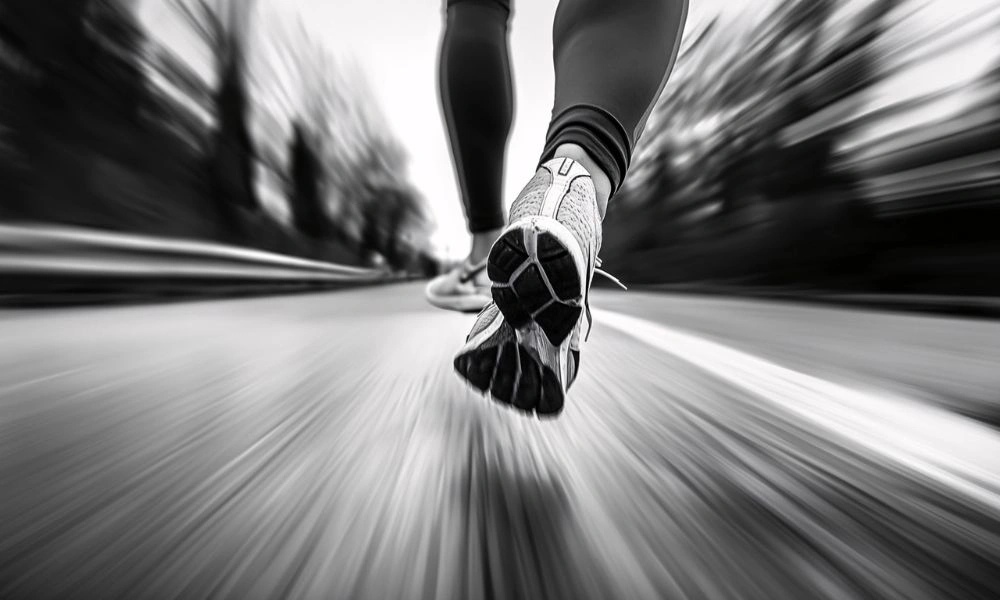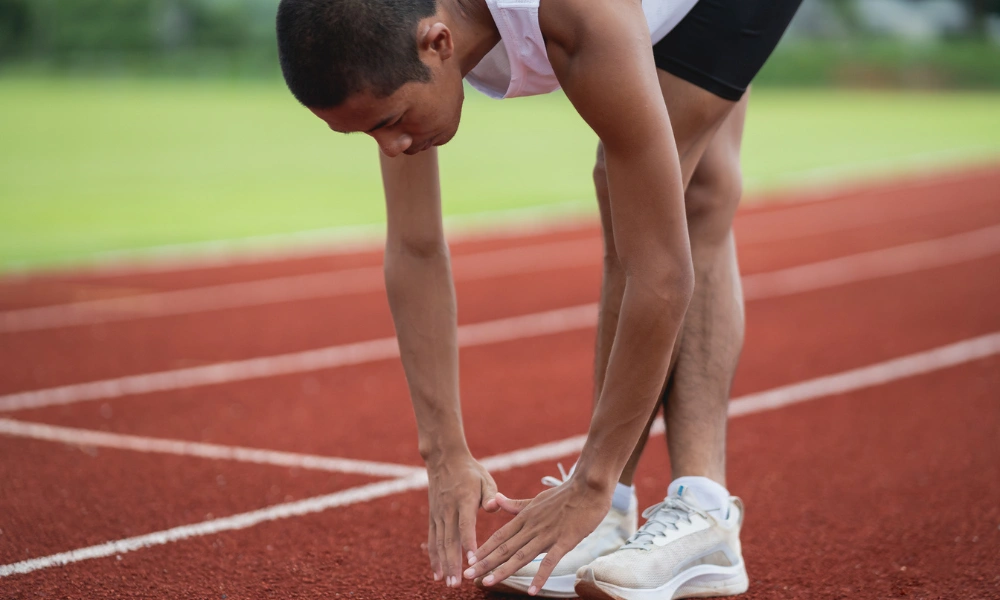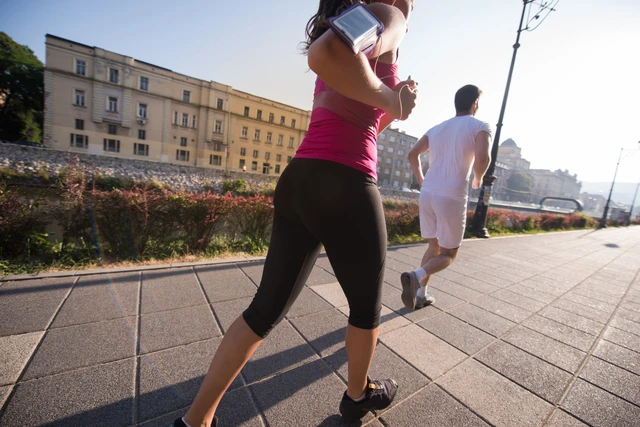As a beginner runner, you may wonder what pace would be good for you. Each person’s average running speed differs depending on their physical level, experience, age, and gender.
In the initial steps, comparing yourself to others’ results would negatively impact your self-esteem because some people already have a good experience, and professional elite runners are at different levels.
In this post, we will cover the average human speed and statistics of elite athletes.
Average Human Running Speed
Based on information from Strava, which analyzed the average mile pace from public uploads in the past year (1 August 2022 to 30 July 2023), the average pace worldwide is 10:25 minutes per mile, approximately equal to a 6:28 min/km.
Breaking it down further, the average mile pace for men globally is 10:02 min/mile (6:14 min/km), and for women, it is 11:17 min/mile (7:01 min/km).
If the speed you keep while running makes you feel comfortable and allows you to hold a conversation, it’s yours.
If you are seeking progress, your pace should be faster than your comfortable one.
Definition of Endurance

Endurance is the body’s ability to work against inclinations for a long time. The more stamina a runner has, the longer he can run. It plays a key role in middle and long-distance running.
Muscle strength is the ability to contract with maximum force. This parameter is essential for developing more incredible running speed.
Running Technique – Proper running technique helps you use energy efficiently and reduces the risk of injury.
Average Running Speed for Different Distances
Short distances (from 100 to 400 meters) are 30 to 40 km/h for professional runners and 20 to 30 km/h for ordinary people.
Middle distances (from 800 to 1500 meters) – from 15 to 20 km/h for professional runners, from 10 to 15 km/h for ordinary people.
Long distances (5 to 42 km) are 10 to 15 km/h for professional runners and 8 to 12 km/h for ordinary people.
Maximum Running Speed Achieved by Humans
For short distances (100 to 400 meters), professional runners can reach speeds exceeding 40 km/h. Usain Bolt holds the world record for the 100 meters, completing it in 9.58 seconds, equivalent to a speed of 44.72 km/h.
For medium distances (800 to 1500 meters), professional runners achieve a maximum speed of 25 to 30 km/h. Christ Tofferson holds the world record for the 1500 meters, completing it in 3 minutes and 26 seconds, equivalent to a speed of 26.07 km/h.
Over long distances (5 to 42 km), the maximum running speed is generally lower, ranging from 20 to 25 km/h for professional runners.
Eliud Kipchoge set the world record for the marathon distance (42.195 km) at 2 hours, 1 minute, and 39 seconds, resulting in a speed of 21.11 km/h.
Jogging Average Speed
On average, people jog between 4 and 6 miles per hour, about 6.44 to 9.66 kilometers per hour.
If we consider the average jogging speed 5 miles per hour or 8 kilometers per hour, then the average jogging pace would be around 12 minutes for each mile or 7 minutes and 30 seconds for each kilometer.
Factors Affecting Running Speed

Age Role
Running speed usually decreases with age. This is because as we age, muscle mass decreases, joints and ligaments deteriorate, testosterone levels decrease, which help maintain healthy muscles and bones, and cortisol levels increase, which are involved in the breakdown of muscles and bones. But if we exercise regularly, it can help keep our speed from dropping too much.
Gender Role
Males have a higher percentage of muscle mass than females due to more testosterone, more muscle mass contributes to more significant force generation.
Quick Note: That is, the fact that men’s average running speed is faster than women’s does not mean that any man will run faster than any woman.
For example, women demonstrate greater endurance during prolonged, low-intensity exercise, such as running marathons.
This is because their bodies are more efficient at using fat reserves as an energy source during prolonged exercise.
A meta-analysis of studies published in “Sports Medicine” in 2014 found that women had a slight advantage in endurance when running distances longer than 1 km.
A study published in the Journal of Strength and Conditioning Research in 2018 found that women had greater muscular endurance when running distances longer than 10 kilometers.
However, the authors noted that biological differences between men and women can be significantly reduced through training and optimization of preparation.




